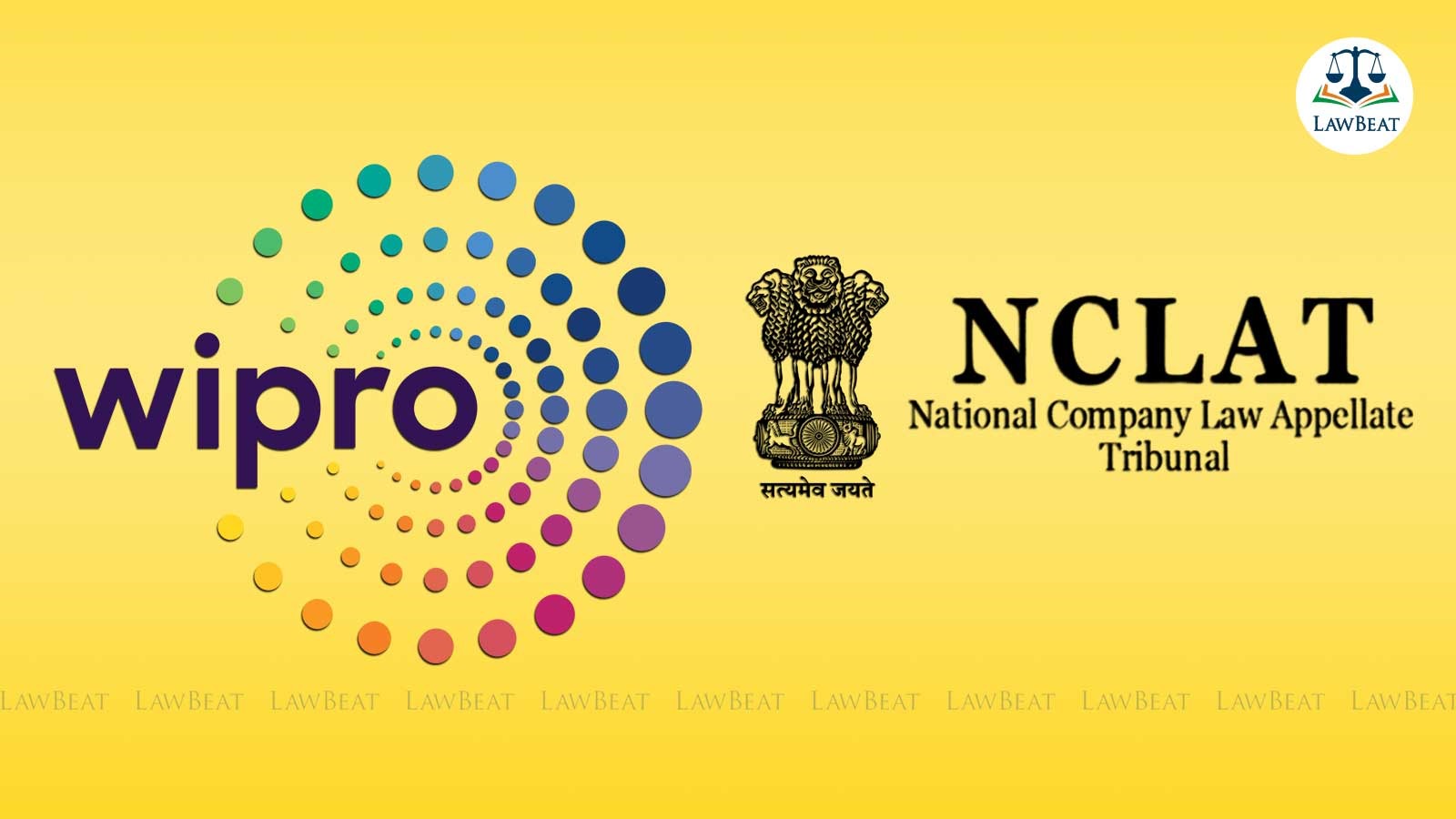IBC Puts Corporate Debtor On It's Feet & Is Not Just A Recovery Legislation For Creditors: NCLAT Dismisses Plea Seeking CIRP Against Wipro

The NCLAT was hearing an appeal filed by the tech company Tricolite Industries Pvt. Ltd (TIPL) against the order of the National Company Law Tribunal (NCLT) at Bengaluru
The National Company Law Appellate Tribunal (NCLAT) at Chennai has dismissed a Corporate Insolvency Resolution Process (CIRP) application filed against the Indian multinational corporation, Wipro Limited.
The bench, consisting of Justice M Venugopal and Technical Member Shreesha Merla was hearing an appeal filed by the tech company, Tricolite Electrical Industries Ltd (TEIL), challenging the decision of the National Company Law Tribunal (NCLT) Bengaluru.
The National Company Law Tribunal (NCLT) in Bengaluru had previously dismissed TEIL's application filed under Section 9, which deals with the initiation of the corporate insolvency resolution process by an operational creditor. The reason for this dismissal was that Wipro was considered a commercially solvent company, making it ineligible for admission under Section 9 of the Insolvency and Bankruptcy Code.
The dispute revolved around payment for services provided by TEIL to Wipro. TEIL claimed that Wipro had made 97% of the payment for the services rendered but had not paid the remaining 3%. TIPL argued that through an email, Wipro had admitted the existence of the amount due.
Wipro argued that the 3% payment was withheld as a measure to assess customer satisfaction. It was established that there had been a six-week delay on the part of TIPL in executing the assigned job, resulting in the deduction of liquidated damages amounting to 3%.
The NCLAT while dismissing the appeal noted that the primary focus of the legislation is revival and protection of corporate debtors.
"The Hon’ble Supreme Court in the matter of ‘Swiss Ribbons Pvt. Ltd. & Anr. Vs. Union of India & Anr.’ (Supra) has held that ‘the primary focus of the legislation is to ensure revival and continuation of the corporate debtor by protecting the corporate debtor from its own management and from a corporate death by liquidation. The Code is thus a beneficial legislation which puts the corporate debtor back on its feet, not being a mere recovery legislation for creditors," the tribunal observed.
The tribunal further noted that the spirit of IBC is the maximisation of assets and not recovery.
"Regarding whether Section 9 Application can be entertained against a Solvent Company, the scope and objective of the Code has to be kept in mind before admission of such an Application. The spirit of the Code is maximization of the assets and Resolution and not Recovery," the tribunal recorded.
Case title: Tricolite Electrical Industries Limited vs Wipro Ltd
